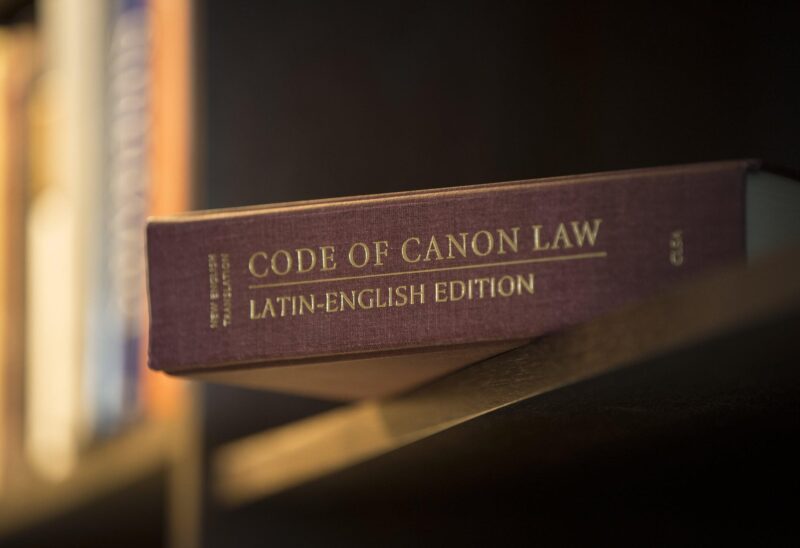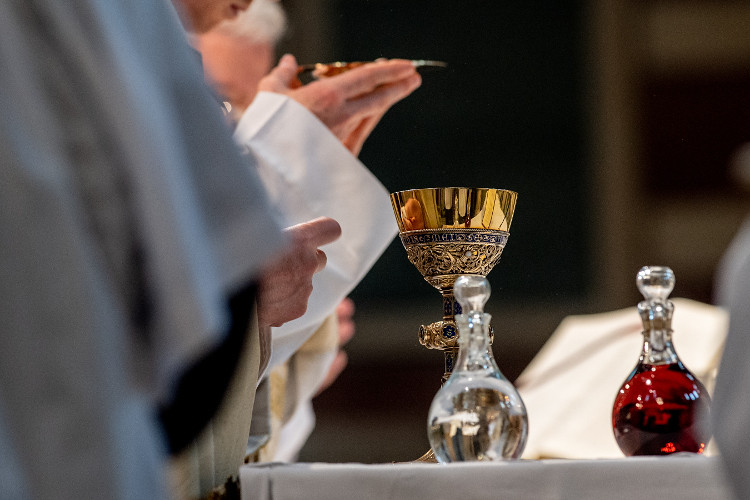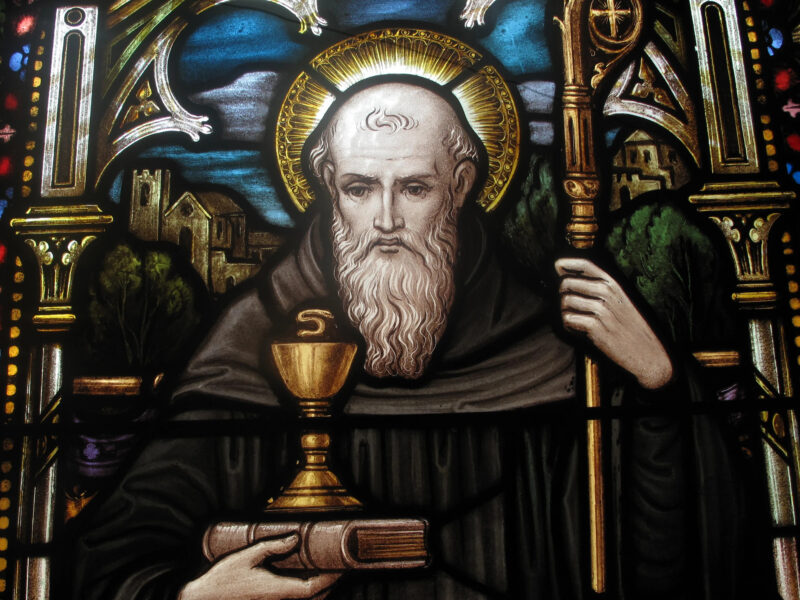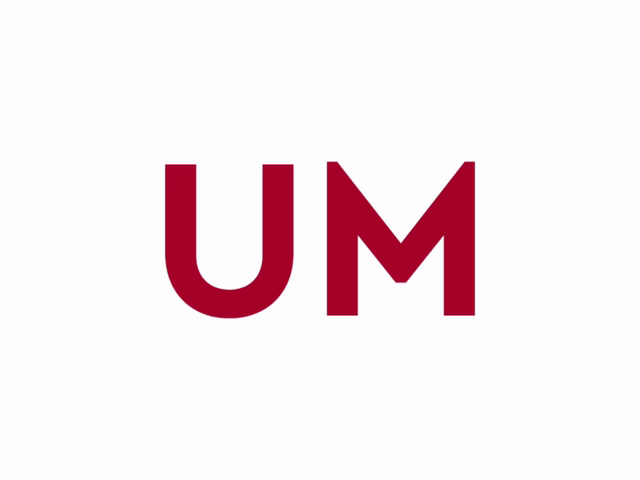A 20% discount will be given when more than 5 applicants
from the same congregation apply for this course.
This course aims at accompanying consecrated men and women by inviting them to deepen their formation in Canon Law in the context of Consecrated Life.
Learning Outcomes:
By the end of this course, the participants will become aware of what the teachings of Canon Law in the realm of consecrated life are and be able to reflect, analyse and synthesise the applicability of Canon Law in various circumstances.
- Men and women members of the consecrated life
- Men and women of societies of apostolic life
Target Audience Age: 18+
Session 1: The ecclesial magisterium and consecrated life
Session 2: Documents from Vatican Council II until today
Session 3: Documents from Vatican Council II until today
Session 4: Introduction to Canon Law and consecrated life within the Code of Canon Law (CIC)
Session 5: History and forms of consecrated Life
Session 6: The evangelical counsels
Session 7: Religious life: admission and separation
Session 8: Governance of institutes
Session 9: Administration of goods
Session 10: The apostolate of institutes
Session 11: Relationship with clergy and diocesan bishop
Session 12: Related matters to consecrated life in Canon Law
Wednesdays: 16:30 – 18:30
| September | 20th, 27th |
| October | 11th, 18th, 25th |
| November | 8th, 15th, 22nd, 29th |
| December | 6th |
This course will conclude with a retreat on Saturday 9th December 2023.
Certification:
This course has three exit certificate options:
- Certificate of Attendance
To obtain a Certificate of Attendance, students must attend 80% of all contact hours.
2. Certificate of Participation
To obtain a Certificate of Participation, students must attend 80% of all contact hours and pass the short multiple-choice online assessment.
3. Certificate of Achievement
To obtain a Certificate of Achievement, students must:
- attend 80% of all contact hours;
- pass the short multiple-choice online exam;
- and successfully complete a written assignment in English.
Teaching and Awarding Institution: Pastoral Formation Institute
Language: Proficient in English.
Digital Competences: Computer literate (how to access the internet and use a word processor).







